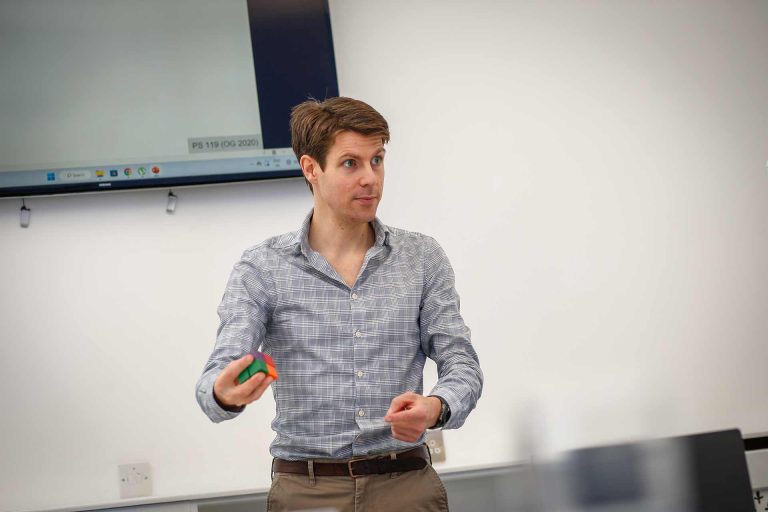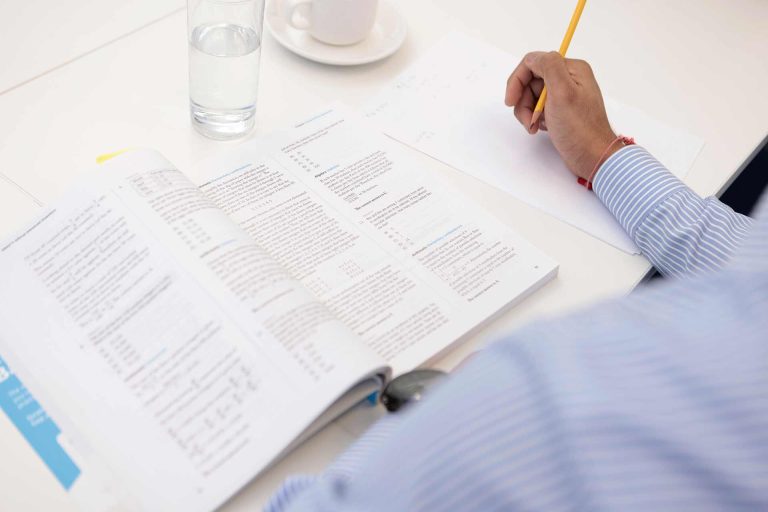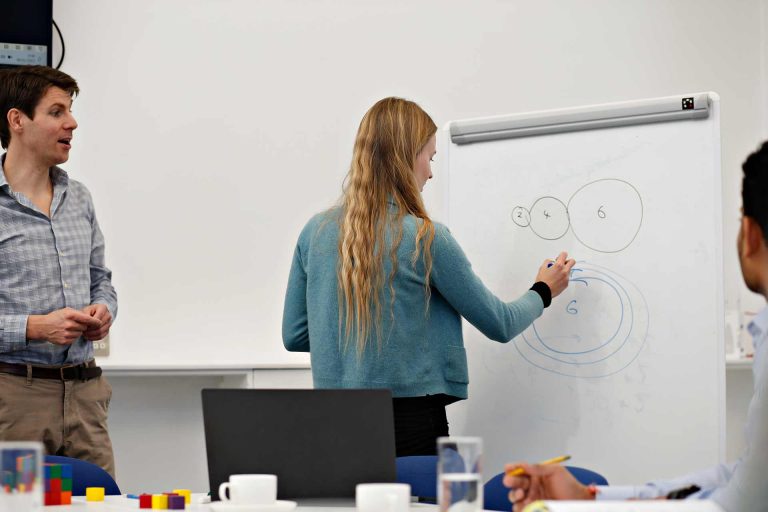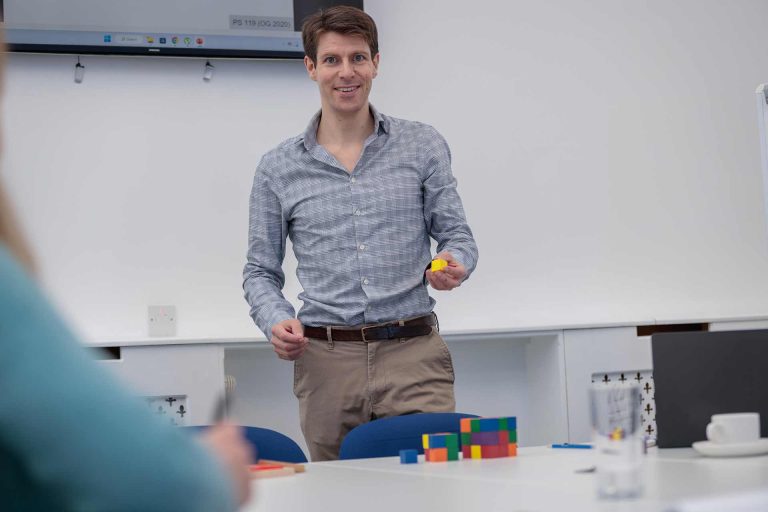You’ve done a practice test, preferably one of the official ones available at www.mba.com. The experience itself is valuable – you probably felt rushed for time, nervous about making mistakes, and likely had trouble maintaining your attention towards the end of this tiring experience. Just like a job interview, a public presentation, or hosting a dinner party, practice helps progress.
But, to get the most out of this experience, you’ll need to spend some time analysing your performance. Where did you make mistakes? What topics should you pick out to study? How can you prepare effectively for your next practice test? My advice is that you spend at least twice as long reviewing your practice test as you did taking it. Here are 9 things to watch out for:
- Did you finish all the sections on time? If, like most students, you found yourself over-investing in some questions and running out of time, you’ll likely benefit from an organized timing strategy. I recommend the ‘Yellow Pad Technique’, outlined in this article: https://www.kaptest.com/study/gmat/time-management/ However, time management goes deeper than just what you do on test day. The mindset of being ‘ready to guess if I need to’ is something that you can integrate into your daily study by doing timed practice. My estimation is that less than a minute spent on a problem creates a high risk of misreading or missing something, and longer than 3 minutes indicates over-investment that may leave you not enough time for other problems.
- Re-do some of the problems from your test. The official tests have a useful function that allows you to view a problem without seeing what the correct answer is. Click on the little eye icon next to the word ‘Review’ on the right:

- It would be inefficient to redo the entire test, so prioritize key problems. The ones you got wrong are an obvious starting point, but also pick out problems which you remember being unsure about and those that took too long (over 3 minutes). I usually recommend my students to pick out 10-15 problems from each of the quant and verbal sections.
- As much as the GMAT punishes stubbornness in the test itself (learning to quit problems is an important skill), when it comes to studying, stubbornness is a good quality. When I get a problem wrong, I’m willing to spend up to about 15 minutes trying to figure out what I got wrong and how I can solve the problem on my own. I mean 15 minutes just exploring a problem, trying things out on pen and paper, confident in the knowledge that this kind of challenge is good for my brain, and that I’ll learn more from doing that than simply reading somebody else’s advice. Only after I’ve got thoroughly stuck or have found some strategy myself will I then go to the forums on https://gmatclub.com/ other explanations. Check out my article ‘GMAT study, fast and slow’ for more about this.
- When you make a ‘silly mistake’, think carefully about what caused it. My favourite analogy here is airplane safety. If a pilot causes an accident by forgetting to do something simple, the crash investigators won’t accept the line ‘Oh, sorry, that was a silly mistake, I won’t do that again!’. That’s not reliable enough. Instead, some new system will be put into place: a warning alarm, training, a checklist, a redesign, etc. Sure, the GMAT is not a life-and-death situation, but we can benefit from a similar mindset. Perhaps you scribbled messily on your scratch pad. Perhaps you chose an over-complicated strategy. Perhaps you started writing before you read the whole problem. Or perhaps you need to make a list of ‘places I often make mistakes on the GMAT’ and stick it on your fridge.
- When you’re reviewing your test, it’s tempting to spend most time on the hardest problems, the kind that take 10 minutes just to understand, then another hour to learn a strategy for. That’s inefficient! The GMAT works in such a way that easier problems count for more. Since the test is adaptive, if you’re not consistent at easier problems, then you won’t even see harder problems. For that reason, investing more time in problems that you got ‘nearly right’ (and ‘nearly wrong’) is more important than the small number of devilish level problems that you’re not likely to solve any time soon (and don’t need to).
- A practice test will tell you some of the question types and topics that you’re repeatedly making mistakes on and can provide some guidance as to which resources to use to plug those gaps. Perhaps Geometry is a weakness, or inference problems. However, it’s worth remembering that there’s not much content required for this test; the GMAT is a challenge of strategy and application. I tend to categorise quant problems by strategy rather than content area. Check out Quant Strategies for some examples of this.
- I often talk to my students about asking tough questions of their practice tests: ‘What, exactly, went wrong in this problem?’; ‘What have you learnt?’; ‘What are you going to do differently next time?’; ‘How can you be confident that you’ll recognize this issue in the future?’. Most students realise sooner or later that the GMAT is an unforgiving test: it’s not enough to go into it having vague ideas for strategies. You’ll just get caught out again.
- Our brains don’t work like computers – we don’t “save” information. We’re more like plants that grow in the right conditions. We respond well to seeing things repeatedly, spread out over time. The final step in any practice test review is to forget about the problems and then come back to them. Testing yourself by doing some of the same problems a couple of weeks later is a great way to consolidate your learning. It’s also a way to check your learning: it’s a humbling yet valuable experience to redo a question and fall into exactly the same trap as you did the first time.








